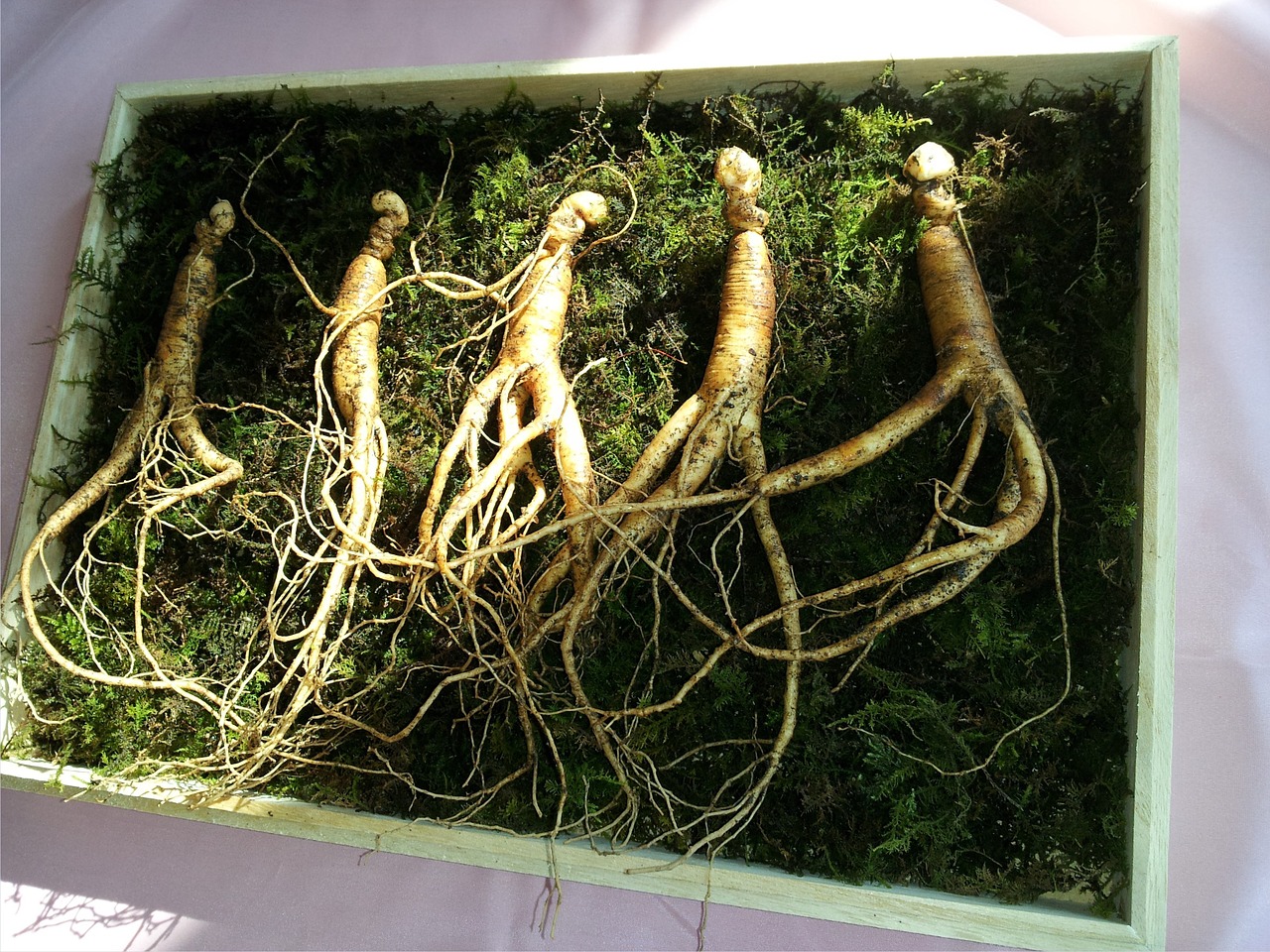Chinese medicine is an ancient and complicated practice that offers many valuable possibilities to patients. We’re proud to offer these services, drawing upon both the wisdom of generational observation and contemporary understanding of the plant, animal, and mineral substances we employ to heal and balance our patients. Chinese medicine can help your physical, emotional, and mental health, and provide preventative treatment.
One of the reasons Chinese herbal medicine is so popular is that the substances we use are completely natural. You don’t have to worry about the kinds of side effects that come with engineered, prescription-based medicines, nor do you have to worry about polluting your body with toxic residues. Our remedies will leave you feeling balanced and purified while invigorating your Qi.
In China, there are over 13,000 medicinals used, and over 100,000 recipes recorded. It takes many years to develop an understanding of these different substances and their properties, but let’s take a look at a few of the common herbs you might encounter here and their effects.
Panax Ginseng (Ren Shen)
This herb is one of the most popular Chinese medicinals among North Americans, and it’s often found as an ingredient in drinks and teas. The botanical genus name Panax shares the same root at panacea; they both mean “all-healing,” and ginseng was so named because the Swedish botanist Carl Linnaeus who named it was aware of how popular the root was in China as a cure-all. Ginseng is an energy and immune system booster that can revive and restore a patient’s energy or help them focus their attention. It can also have anti-inflammatory effects, and even aid men who suffer from erectile dysfunction.
Aconite (Fu Zi)
This blue flowering plant is what’s known as a “hot” herb, and is especially effective in remedying sudden illness cause by changes in weather. It is often used to treat colds, coughs, sore throats, aches, chills, or fever. It can also be used to relieve pain related to arthritis. However, it shares a genus with other species that are extremely poisonous, and can be highly toxic if not processed and prescribed by a professional. Aconite must be boiled for an hour at least before use, and you should never try to self-administer.
Licorice (Gae Cao)
This is one of the most popular, most pleasant, and safest herbs in Chinese medicine. Licorice has an almost sweet flavor and a wonderful smell, and it’s used in many recipes because it acts as a sort of stabilizer or “harmonizer” for the other elements in a recipe. It is an excellent gastrointestinal medicine, and can help reduce the pain from heartburn or ulcers. It can also prevent irritation in your skin from eczema, cysts, dermatitis, dandruff, shingles, yeast infections, gingivitis—basically anything that involves a bodily surface infection or imbalance. It heals through its antioxidant properties and boosts interferon levels, which help your body and organs (including the skin) fight infections or viruses.
As you might have noticed from these descriptions, many Chinese herbs have multiple applications. It’s taken literally thousands of years to determine all the different properties and possibilities of the many Chinese herbs, but we have over 45 years of experience working with them at Washington State Acupuncture and Chinese Medicine, where you can great you the perfect remedy for whatever it is ailing you.



